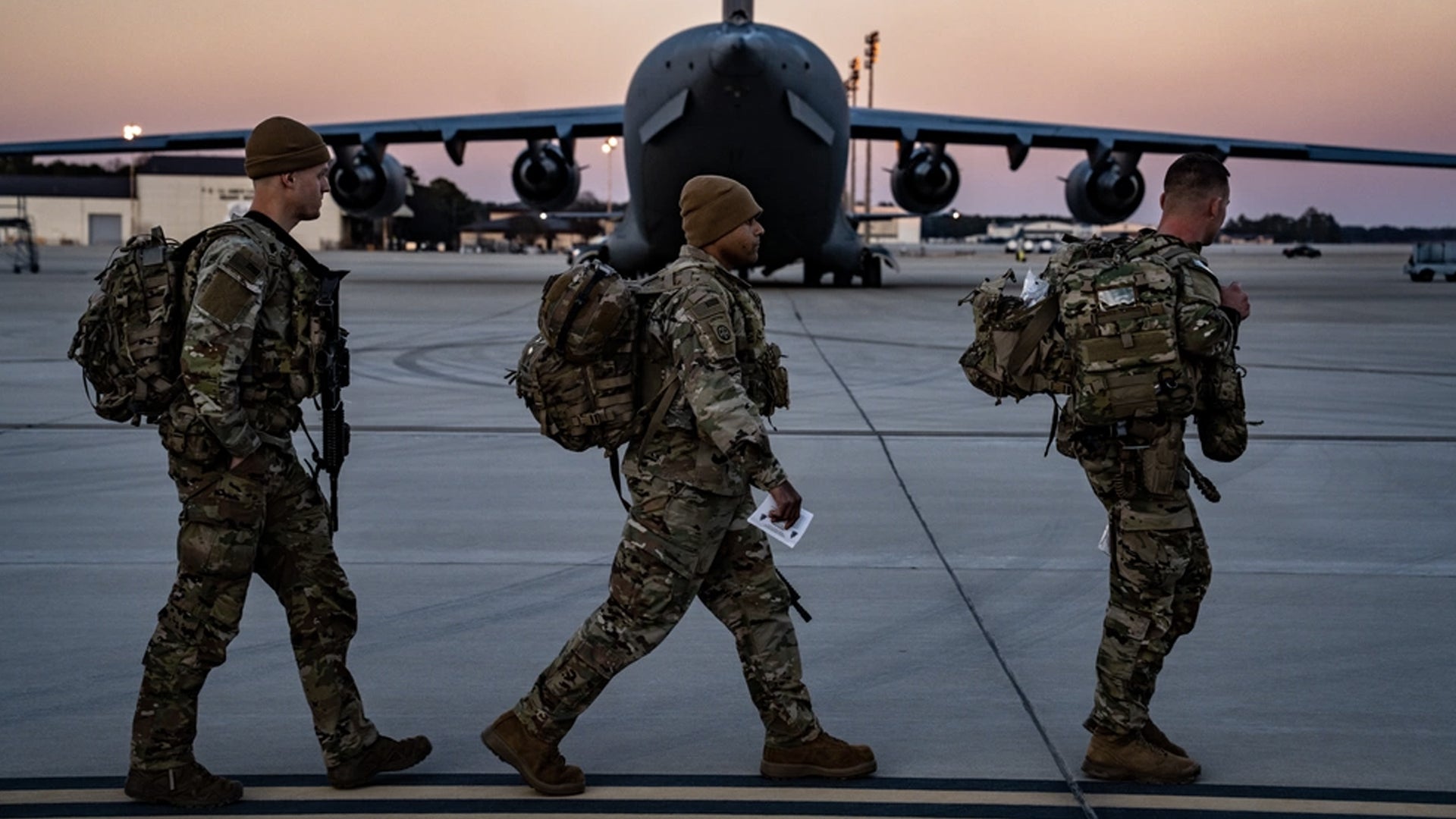Army Readiness Critical in ‘Uncertain’ World
Army Readiness Critical in ‘Uncertain’ World

Readiness must be “at the forefront of all we do” if the Army is to stay ahead of complex global threats and win in any domain, a senior leader said.
Describing the world as a “much more uncertain environment” today than it was during 20 years of war in Iraq and Afghanistan, Gen. Andrew Poppas, commander of Army Forces Command, said this means that “our readiness must increase exponentially.”
Poppas pointed to the operating environment in the Indo-Pacific, a region where conducting a “freedom of navigation” exercise through the Taiwan Strait is seen by the Chinese as an incursion into their sovereign territory, and North Korea has a propensity to test-fire missiles over Japan. At the same time, the Russian invasion of Ukraine threatens to thrust NATO into a fight, and there still are attacks in the Middle East.
“This is not a unique point in history,” Poppas said, using as an example World War I, which began in 1914 with two gunshots and escalated quickly into a global conflict that cost millions of lives. Poppas suggested that conflict today could happen just as precipitously.
“Are we on the precipice? Absolutely,” Poppas said Sept. 12 at the 2023 Maneuver Warfighter Conference at Fort Moore, Georgia, formerly known as Fort Benning. “That’s why it’s absolutely imperative that our readiness and our preparedness is at the forefront of all we do.”
Recognizing that the Army’s operational tempo is as high as it’s ever been, Command Sgt. Maj. T.J. Holland, Forces Command’s senior enlisted leader, said balancing demands on the force with achieving foundational readiness comes with a “huge responsibility” for the Army’s leaders and soldiers.
“Our doctrine is actually pretty good when applied, and we train to standard and we expect a higher standard than what is the norm,” Holland said, emphasizing the need to master the fundamentals. “Everybody in this room has a responsibility to do that and to be ready to fight and win like we advertise. NCOs are our primary trainers.”
Poppas strongly encouraged audience members to read and know Field Manual 3-0, Operations, which marked a major milestone in Army transformation when it was unveiled last October by then-Army Chief of Staff Gen. James McConville.
The “key base for us is that we’re elevating that principal tactical formation from the brigade to the division,” Poppas said.
“That’s imperative that you understand that, because that’s the way we’re going to fight in large-scale combat operations … [and] we haven’t done that in 20-plus years,” Poppas said.
The change requires a shift in how the Army trains and prepares for a fight at the upper echelons, Poppas said. To prepare, he said, conditions at the higher levels of command must be set, gaps must be identified and capacity must be built, because the Army will be fighting in domains such as cyber and space where it has never fought before.
“We've got capabilities in our formation today that we don't even know about, we don't know how to employ it, we don't know the depth of the capability,” Poppas said. “So, we have to build up our intellectual underpinning so that we bring everything to bear at one time.”

